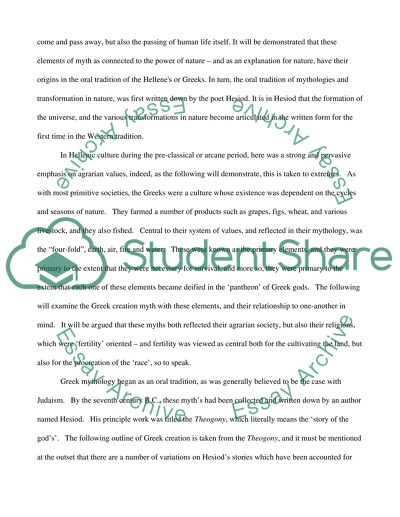Cite this document
(“Classical Mythology Thesis Example | Topics and Well Written Essays - 1250 words”, n.d.)
Retrieved from https://studentshare.org/literature/1429400-classical-mythology
Retrieved from https://studentshare.org/literature/1429400-classical-mythology
(Classical Mythology Thesis Example | Topics and Well Written Essays - 1250 Words)
https://studentshare.org/literature/1429400-classical-mythology.
https://studentshare.org/literature/1429400-classical-mythology.
“Classical Mythology Thesis Example | Topics and Well Written Essays - 1250 Words”, n.d. https://studentshare.org/literature/1429400-classical-mythology.


